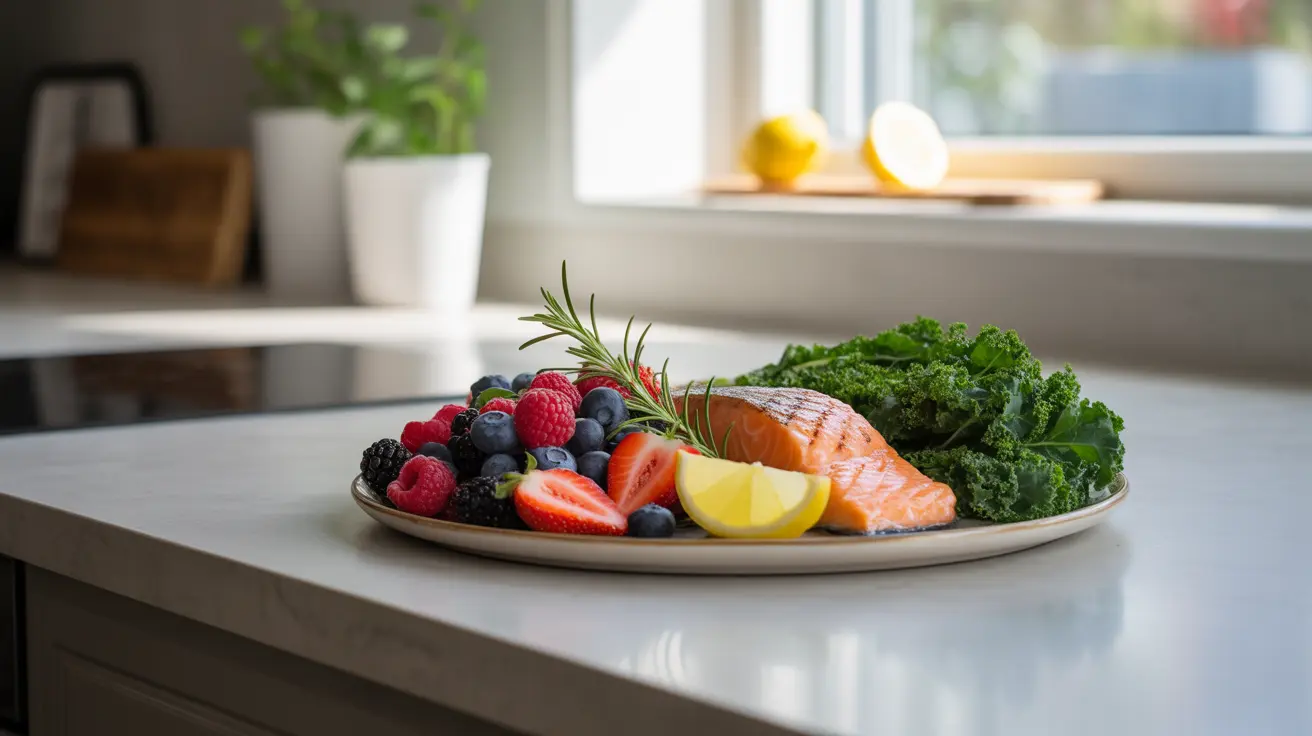Gut inflammation can significantly impact your overall health and daily comfort, affecting everything from digestion to immune function. Understanding how to manage and reduce gut inflammation through natural methods is crucial for maintaining optimal digestive health and overall wellness.
This comprehensive guide explores evidence-based strategies for addressing gut inflammation, including dietary modifications, stress management techniques, and lifestyle changes that can help you achieve better digestive health.
Understanding Gut Inflammation and Its Impact
Gut inflammation occurs when your digestive system becomes irritated and inflamed, potentially leading to various uncomfortable symptoms and health issues. This condition can affect the entire digestive tract, from the stomach to the intestines, causing discomfort and disrupting normal digestive processes.
Dietary Changes That Combat Gut Inflammation
Anti-inflammatory Foods to Include
Incorporating anti-inflammatory foods into your diet can significantly reduce gut inflammation. Focus on:
- Leafy greens (spinach, kale, collard greens)
- Fatty fish rich in omega-3s (salmon, mackerel)
- Fermented foods (kimchi, sauerkraut, yogurt)
- Colorful fruits and vegetables
- Turmeric and ginger
- Extra virgin olive oil
Foods to Avoid
Certain foods can trigger or worsen gut inflammation. Consider limiting:
- Processed foods and refined sugars
- Artificial sweeteners and additives
- Excessive alcohol
- Red and processed meats
- Trans fats
- Gluten (for sensitive individuals)
The Role of Probiotics in Gut Health
Probiotic supplements and probiotic-rich foods play a crucial role in maintaining gut health and reducing inflammation. These beneficial bacteria help restore balance to your gut microbiome, strengthen the intestinal barrier, and support proper immune function.
Stress Management and Gut Health
The gut-brain connection is powerful, and stress can significantly impact gut inflammation. Effective stress management techniques include:
- Regular meditation or mindfulness practice
- Deep breathing exercises
- Yoga or gentle stretching
- Adequate sleep (7-9 hours nightly)
- Regular physical activity
Lifestyle Habits for Better Gut Health
Beyond diet and stress management, several lifestyle modifications can help reduce gut inflammation:
- Maintaining a consistent exercise routine
- Staying properly hydrated
- Eating meals at regular times
- Avoiding late-night eating
- Getting regular exposure to natural sunlight
- Limiting exposure to environmental toxins
Frequently Asked Questions
What are the best dietary changes to reduce gut inflammation naturally?
The most effective dietary changes include increasing intake of anti-inflammatory foods like leafy greens, fatty fish, and fermented foods while reducing processed foods, refined sugars, and known inflammatory triggers. Focus on whole, unprocessed foods and maintain a diverse, nutrient-rich diet.
How can stress management techniques help improve gut inflammation symptoms?
Stress management techniques reduce the production of stress hormones that can trigger gut inflammation. Regular meditation, deep breathing exercises, and adequate sleep help maintain the gut-brain axis balance, leading to improved digestive function and reduced inflammation.
Which foods are common triggers for gut inflammation that should be avoided?
Common inflammatory triggers include processed foods, refined sugars, artificial additives, excessive alcohol, red meat, and trans fats. Some individuals may also need to avoid gluten, dairy, or specific foods that trigger their symptoms.
How do probiotic supplements support gut health and reduce inflammation?
Probiotic supplements help restore beneficial gut bacteria, strengthen the intestinal barrier, and modulate immune responses. They can help reduce inflammation by promoting a healthy balance of gut microbiota and supporting proper digestive function.
What lifestyle habits besides diet can help prevent or lessen gut inflammation?
Key lifestyle habits include regular exercise, proper hydration, consistent sleep patterns, stress management, and maintaining regular meal times. These practices support overall gut health and help prevent chronic inflammation.
Remember that managing gut inflammation is a holistic process that requires patience and consistency. By implementing these natural solutions and maintaining healthy lifestyle habits, you can work toward better digestive health and overall well-being.




